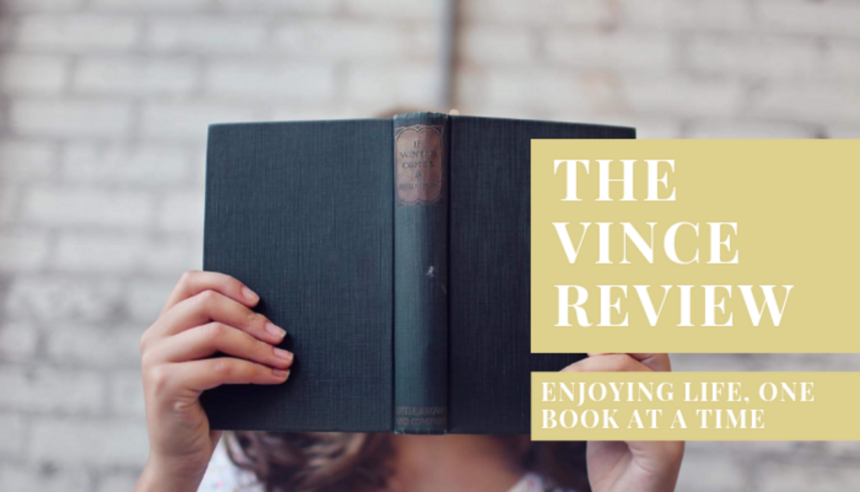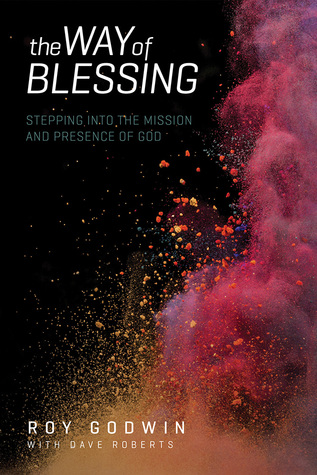Several years ago, I was talking to the owners of a bookshop, where I had some books on consignment. They told us to come and pick up any remainders by a certain date, because the shelf life of most titles is only three months.
I went home complaining about that. 'Authors pour months and even years into their work, so it's unfair that shops won't even hold their titles for a fraction of the time it took to write them. It's ridiculous to refer to books having a shelf life anyway. Anyone would think they go off like old fish or garbage!' Those are the words I remember saying. '
Since then, I've come back to that day in my thoughts, and wondered if they're right in a way. Although I still think 3 months is a very short period of time, maybe books are a bit like food, and do go off a bit in their own way. Do you think so? Here's what I mean.
Cultural Values go off.
Take this little old gem from my bookshelf, 'The Conceited Lamb.' He used to show off about his snowy white coat until the other animals hated to see him coming. Then one day, he accidentally slipped into a tub of black dye. The others teased him and couldn't stop laughing at the sight of him, and made him ashamed of himself. It was somebody's Sunday School prize published in 1954. Ouch, needless to say, a story like this would get nowhere in the 21st century.
And in 'Pollyanna's Jewels', the title character harangues an acquaintance of hers for having the 'pride' to set up a gift shop, because a young wife and mother's place was strictly in the home, and it didn't become a woman to want to work outside and set up a business. It's written in such a way that most readers of the time are expected to agree without a doubt.
Technological Accuracy goes off
Back in 2000, I published my first novel, 'Picking up the Pieces' with the help of a friend. Ten years later, my new publisher decided she'd like to release a re-print, and asked me to proofread the original version, Now was my chance to make any changes.
I got stuck into the job expecting to find nothing more than a few typos to fix up, and maybe add or take some italics here and there. I was amazed by all the technology that needed updating, within the space of a decade. Seriously, I had characters listening to cassette tapes and wandering around looking for public phone booths! My pride and joy was no longer contemporary fiction, but it wasn't historical either. It was somewhere in that weird, never-never land of old-fashioned uncoolness.
I haven't read over it for some time. No doubt it could do with another major technological overhaul by now.
General Opinions go off.
Popularity trends simply change over time, and what was current becomes outdated. Here's an example of two young men from novels giving their impressions about the work of poet and essayist Ralph Waldo Emerson. One of these lads, Mac Campbell, is from the mid-nineteenth century, while the other, Jacob Portman, is from the recent twenty-first century.
Here is the first excerpt.
1) Mac watched her (Rose) thoughtfully for a moment, wondering how many more leaves must unfold before the golden heart of this human flower would be open to the sun. He felt a curious desire to help in some way, and could think of none better than to offer her what he had found most helpful to himself. He (handed her a book) and said as if presenting something very excellent and precious, "If you want to be ready to take whatever comes in a brave and noble way, read that."
Rose took it and read the words, 'Self Reliance.' ... (A lot of direct quotes from Emerson and waffle follows) ... 'I never dared read these essays because I thought they were too wise for me.'
'The wisest things are often the simplest, I think. Everyone welcomes light and air, and could not do without them, yet very few understand them truly.... Emerson has done more to set young men and women thinking straight than any man in this century at least.'
Mac Campbell from 'Rose in Bloom' by Louisa May Alcott, published in 1876.
Okay, you've got that. Now, here's the second excerpt.
2) One afternoon I had my dad drop me at the library so I could check it out. I quickly discovered that Ralph Waldo Emerson had indeed written lots of letters that had been published. For about three minutes I got really excited, like I was close to a breakthrough, and then two things became apparent. His writing was so dense and arcane that it couldn't possibly have held the slightest interest for my grandfather, who wasn't exactly an avid reader. I discovered Emerson's soporific qualities the hard way, by falling asleep with my face in the book, drooling all over an essay called, "Self Reliance". I woke up screaming and was unceremoniously ejected from the library.
Jacob Portman from 'Miss Peregrine's School for Peculiar Children' by Ransom Riggs, published 2011.
Language and Expression go off.
We know that the English language is constantly in flux, with new words and terminologies being added all the time, while old ones tend to get the flick. Our favourite old authors wrote their renowned works before words such as muggles, database, YOLO and Pilates had been added and become familiar to us. Although we don't miss the lack of specific words, the overall effect of all the changes shows up in characters' speech. The sad result is that modern readers may find it harder to connect with characters from bygone years.
Peter Pevensie says, 'By Jove, you're right,' and 'Great Scott, I hadn't thought of that.'
Enid Blyton characters from the decade following, may say something like, 'I say, you're an absolute brick. Let's have some treacle toffee and ginger beer.'
Shakespeare's characters say, 'Avaunt, you cullions!' or 'More of your conversation would infect my brain.'
Even choices of given names go out of fashion. Take Enid Blyton's 'Magic Faraway Tree' cast, for example. The books have been re-edited by modern people, and Jo, Bessie, Fanny and Dick have been renamed Joe, Beth, Fran and Rick. I'm sure the editors think they're doing Blyton's memory a favour, but I find it a bit sad. Maybe there's a fine line between making a book more accessible for modern readers and destroying the original author's authenticity.
Story Telling Styles go off.
In the days before TV and film, authors assumed that readers need to have absolutely everything described, in order to put themselves in the picture. For example, you might find Charles Dickens and his contemporaries using pages of text to describe the interior of a law office. Everything from the cobwebs in the cornices to the spittoon in the corner get a mention. Nineteenth century novels aren't as thick as bricks for nothing.
In our times, that's far too tedious. We're used to fast-moving lifestyles, and if a story doesn't capture our attention from the get-go, we move on to something that does. Stories start with action or at least an intriguing line of dialogue. And it's assumed that we're all wise enough to make up our own minds what a law office would look like. Even if every reader has a different picture of the office in their minds as they read, well, what's the matter with that?
Cover Styles go off.
A quick glance will often scream the age of a book to us. I've found I can pretty accurately guess whether a book was published in the 70s, 80s or 90s without even cracking open the pages. Even title choices add to the overall impression.
I tried to get my kids to read this excellent story from my childhood. They closed their minds tight whenever I brought it near them
, and it was all because of the cover. 'No way am I ever going to read a book with a wishy washy title like "Children of the New Forest" and wimpy looking kids on the cover.' And they never did. I told them they were missing something great. They wouldn't believe me. To them, the cover contradicted my words.
Has all this convinced you that books go off? I'm not sure it's entirely convinced me. I've noticed another similarity that books share with food and beverages. We have to take individual examples separate from others. While some books and stories may go a bit on the nose for reasons I've mentioned, others may well improve with time. I prefer to think of them like fine vintage wines which have been resting in their cellars for decades. For example, the works of Jane Austen give us a perfect and unique glimpse into typical middle and upper class British lifestyles in the Georgian era. Her work may be even more valuable to romantics and historians alike than when she actually wrote them.
But when I really think about it, the main reason for a book's extremely short shelf life in shops may have nothing to do with going off at all. (Yeah, surprisingly enough.) It's simply that so many new books are being written and published every day, there's simply not enough room for all of them within a premise's four walls. Setting three months as the limit may reflect all the busy creative writing which is taking place all over the world every day.
To finish off, the best thing we can do for our favourite books is to keep reading, recommending and talking about them, to keep them alive and circulating even when they've passed their shelf life.















